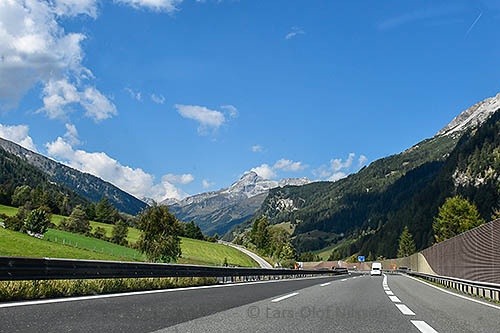Than and then are often confused.
THAN

Than is used mainly to introduce the second part of a comparison.
The weather is much nicer today than yesterday.
I’d rather go for a walk than sit in the garden.
Isn’t she taller than her brother?
But what about She is taller than he and She is taller than him?
Nowadays many linguists agree that than is both a conjunction and a preposition. As a conjunction it introduces a new clause, often only implied – She is taller than he [is], and as a preposition it is followed by the object form – She is taller than him.
However, we cannot always ignore the difference between the conjunction and the preposition. She likes my cousin better than I (with than as a conjunction) does not convey the same meaning as She likes my cousin better than me (with than as a preposition). The first sentence means She likes my cousin better than I like my cousin, whereas the second one means She likes my cousin better than she likes me.
As your copyeditor I would recommend that you use than as a conjunction (with the subject form) in formal writing such as a doctoral thesis or a paper for a scientific journal.
Than is also used with some adverbial expressions such as hardly, no sooner, scarcely.
No sooner had we settled down on the beach than a heavy rain started to fall. (Notice that the verb comes before the subject of the verb.)
THEN
Then refers to a point in time, either in the past or in the future.
He studied in Paris then.
By then, they had married and were expecting their first child.
We worked out at the gym and then we took a long swim.
First We Take Manhattan, Then We Take Berlin (Song by Leonard Cohen)
The door closes automatically at 10 p.m., so you must be back before then.
The then President Obama gave a passionate speech.
Leave a Reply